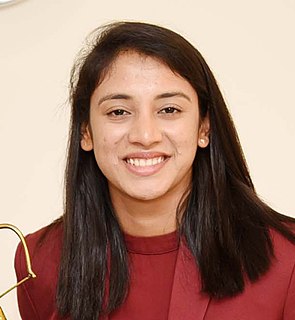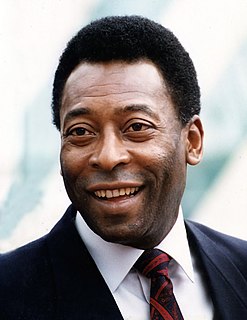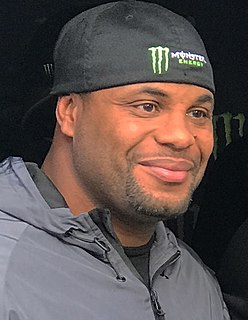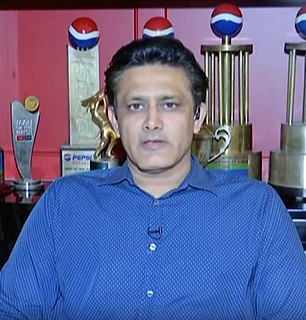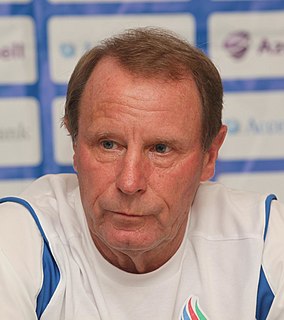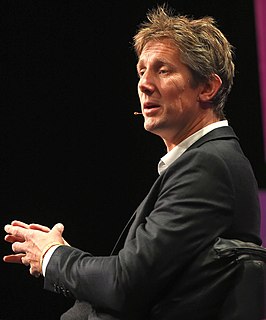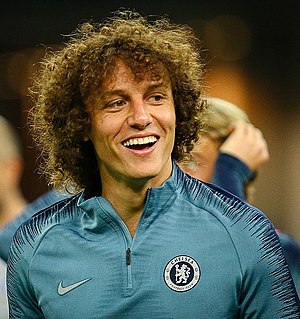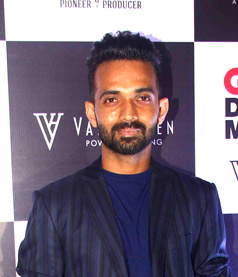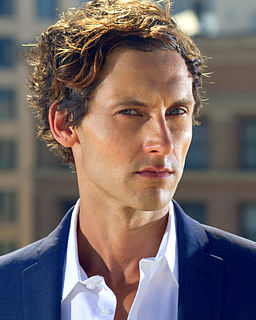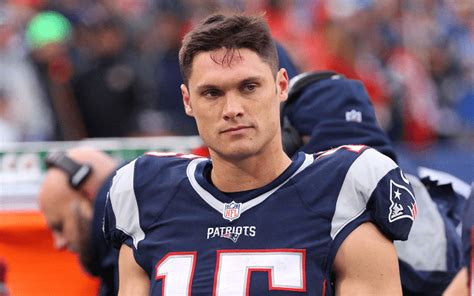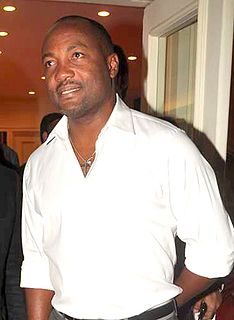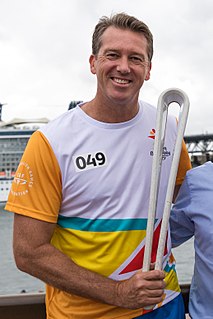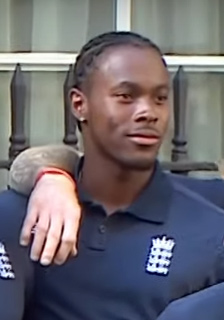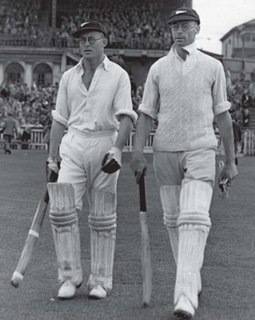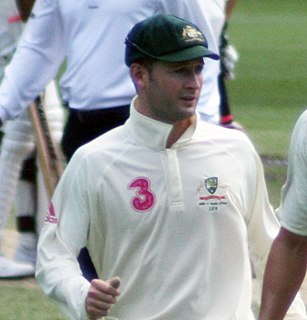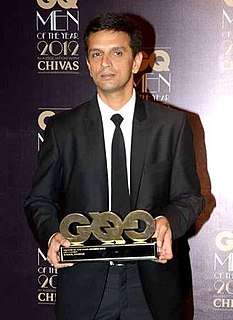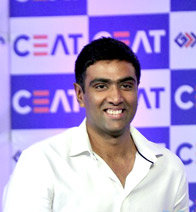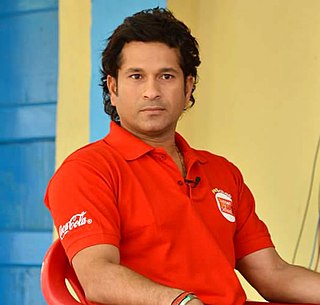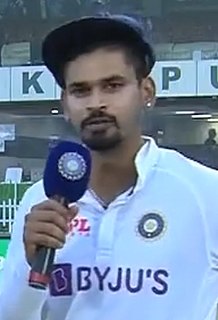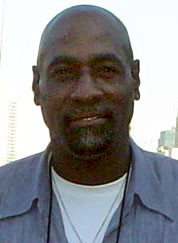A Quote by Smriti Mandhana
Responsibility makes a player better. I was made the captain of Maharashtra senior team when I was 16 or 17. I know how to take the team forward. I had been through the responsibilities.
Related Quotes
When I was 17, I made the decision to have a good attitude. I was a junior in high school; the coach said I was going to be the captain of my basketball team. I thought – that surprised me because I wasn’t the best player. John Thomas was better than me, and I was probably second or third best player. And I kept thinking, “Why am I going to be the captain?” I think everybody else was thinking that too. And the coach then answered, “The reason John is going to be the captain is he has the best attitude on the team. He encourages others, he believes we can win, he never gives up.”
I've always had a sense of responsibility, whether I've been captain or not. But I must say that I'm both pleased and proud to be Portugal captain, despite how young I am, because I know what it means. My job is still the same though. I need to do what I do best out on the pitch, and that's score goals and help my team win.
I changed my position when I was 16 or 17. I started in midfield or further forward as a number 10, and then in one tournament, we lost two defenders to injury in the same game, and we didn't have any on the bench. So I played at the back, and the manager of the first team saw me, and he said, 'I want this guy in the first team,' and that was that!
